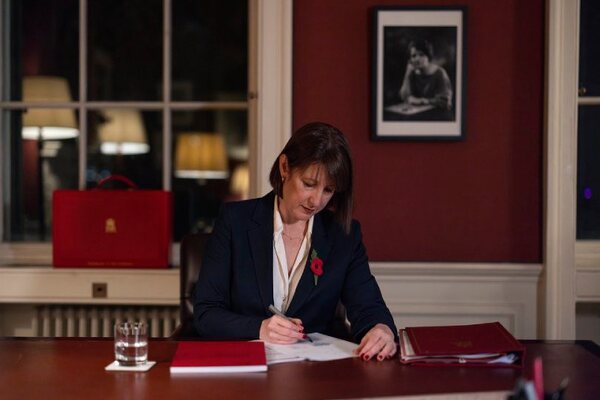Poll: Will the recent Budget help or hinder your business?
 Ilaria Grasso Macola
Ilaria Grasso MacolaBilled as a once-in-a-parliament reset to the nation’s finances, last month’s Budget saw chancellor Rachel Reeves deliver reforms that could have wide-ranging implications for how the travel trade goes about its business.
Reeves announced on 30 October several economic reforms, including lowering the threshold at which businesses have to pay National Insurance, as well as increases to both minimum wages and Air Passenger Duty.
Both could have repercussions for the travel industry and consumers, driving up the cost of hiring and retaining staff and potentially too pushing up air fares.
Cutting the National Insurance threshold to £5,000 is expected to increase the burden on businesses by around 1.2 percentage points, while the minimum wage for employees aged 21 and above will go up from the current £11.44 an hour to £12.21 an hour from April 2025.
The increase will be even higher for trainees, as apprentices and workers under the age of 21 currently earn between £6.40 and £8.60 an hour.
The chancellor also increased Air Passenger Duty by £2 on most short-haul flights, while private jet passengers will be penalised more heavily in future.
Industry leaders were quick to brand the Autumn Statement “punishing”, warning employers will have “a steep climb to stand still” ahead.
Blue Bay Travel boss Alistair Rowland said his worst fears had materialised following the Budget, telling TTG he didn’t expect National Insurance to go up by as much as it will.
Julia Lo Bue-Said, chief executive of the Advantage Travel Partnership, said the reforms would strangle “the very enterprises that form the backbone of our economy”.
Elsewhere, Travel Network Group chief executive Gary Lewis said simultaneous rises in minimum wages and employer National Insurance contributions "could present additional financial challenges" to members. “Many of our members are small business owners who will need to adjust to these changes.”
Hays Travel chair Dame Irene Hays, speaking this week at the agency’s annual retail conference, revealed the changes would push the retailer’s costs by more than £6 million.
However, not everyone was quite so scathing in their assessment. Alan Bowen, legal advisor to the Association of Atol Companies, told TTG there were positives, such as retail and hospitality rate reliefs.
"Will the travel industry be happy? Of course not. Any increases in the cost of employment will have a negative effect, but many will be grateful that it wasn’t even worse,” he said.
Sign up for weekday travel news and analysis straight to your inbox

Ilaria Grasso Macola
Supplier Directory
Find contacts for 260+ travel suppliers. Type name, company or destination.















